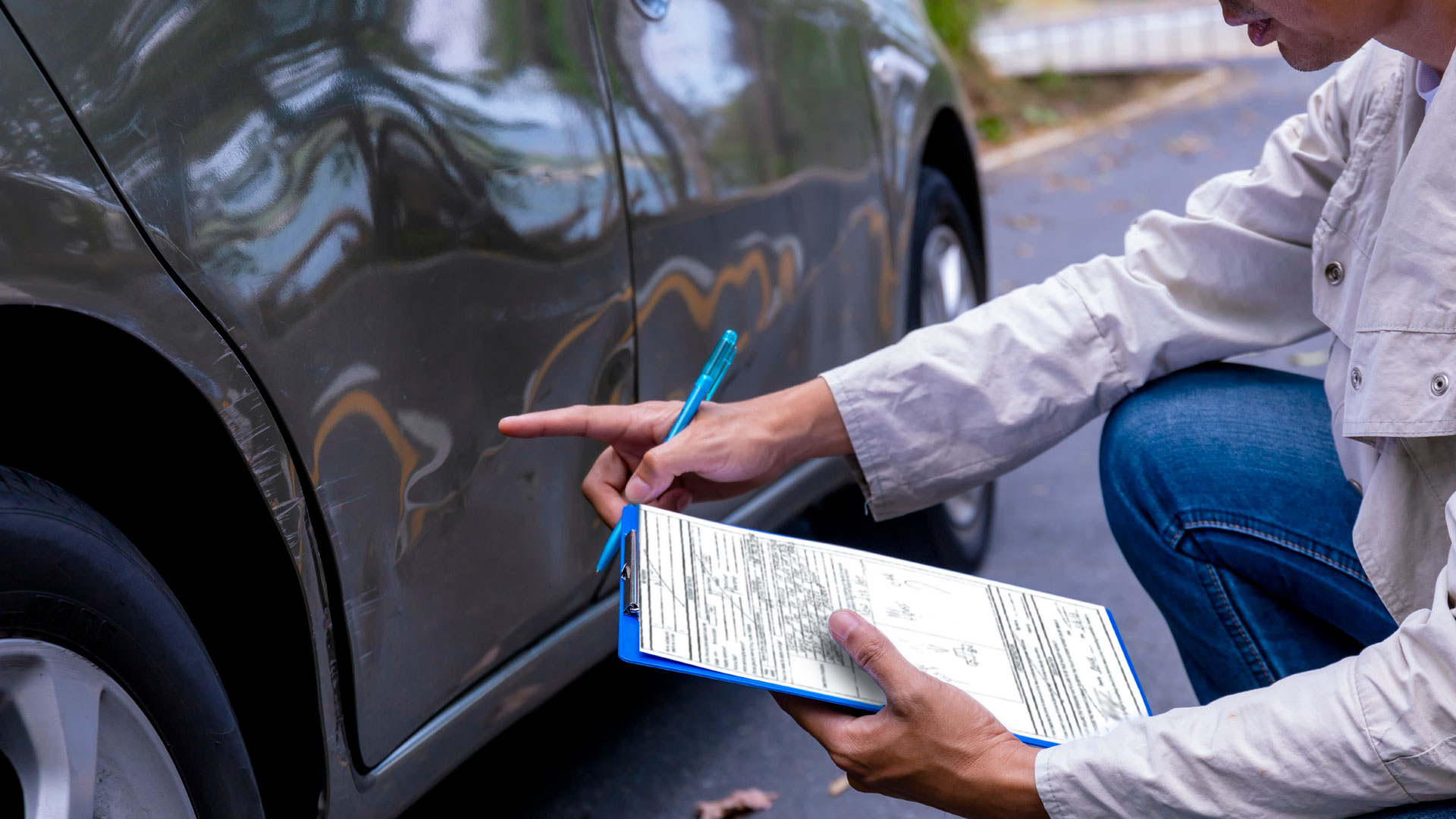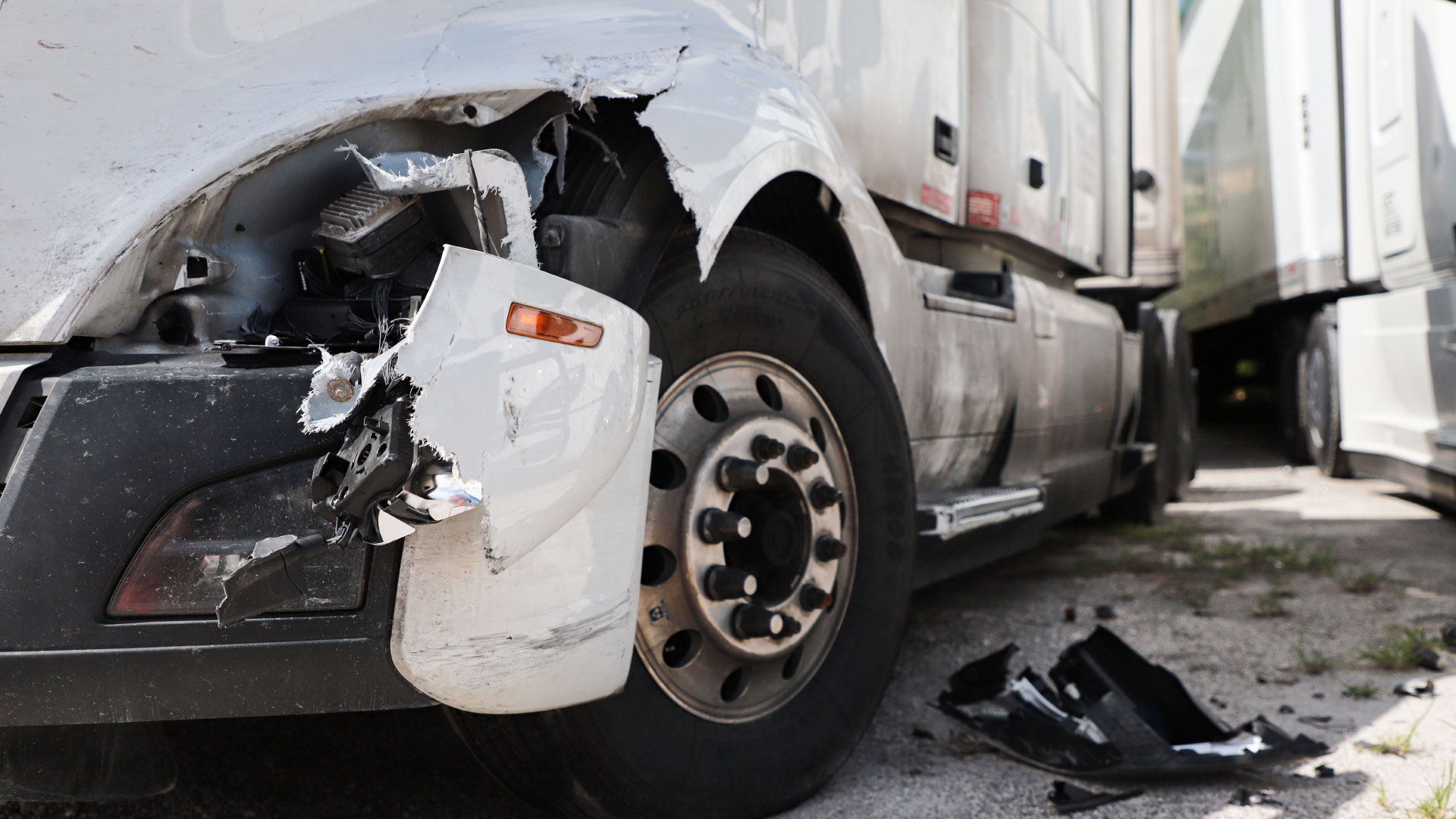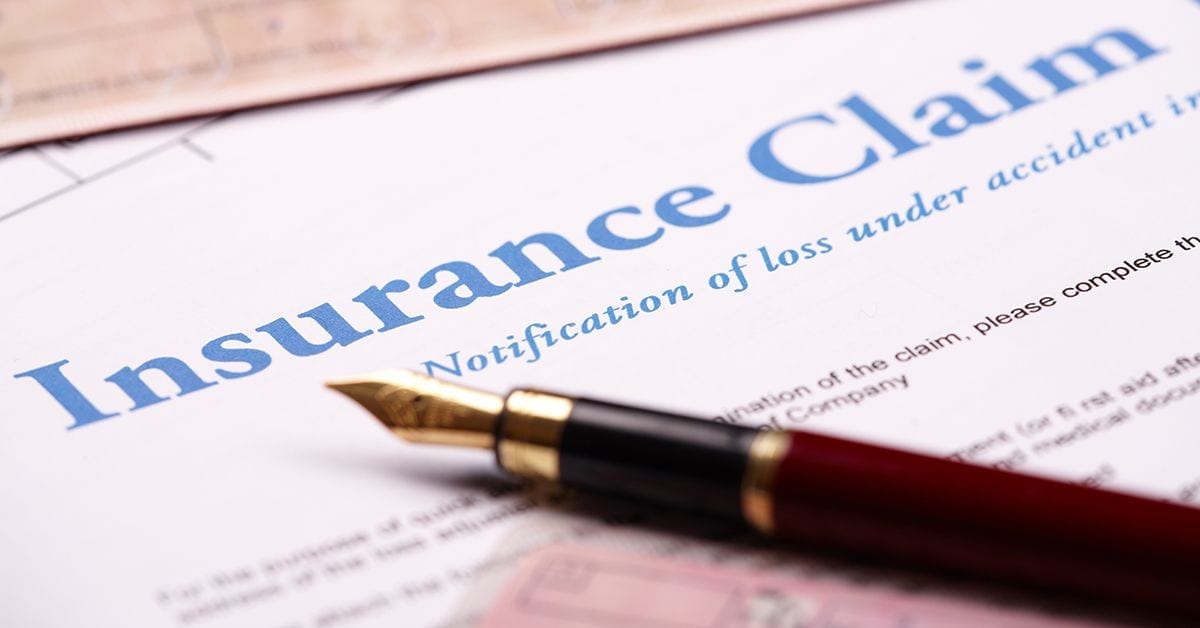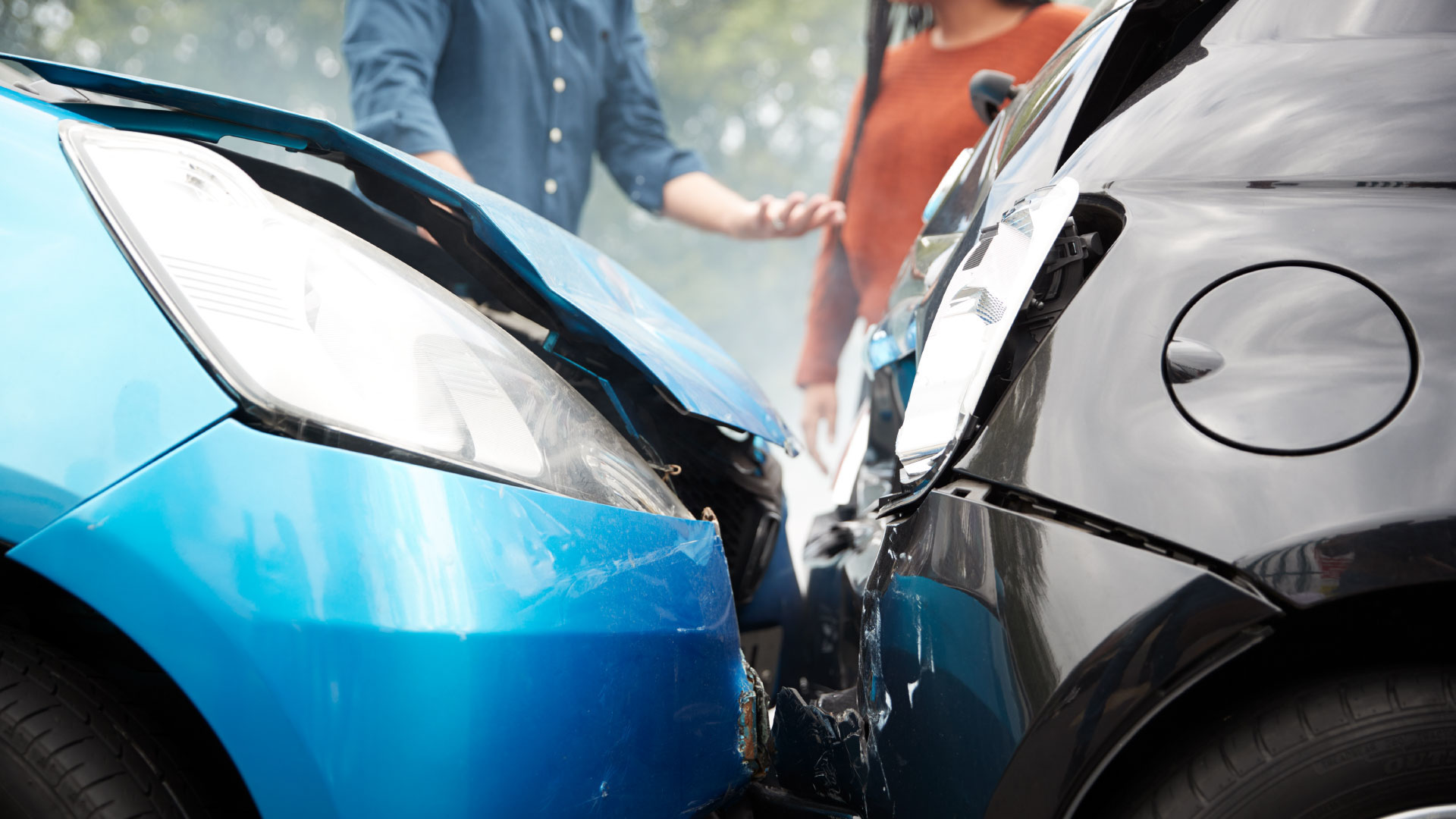What are Punitive Damages in Georgia or South Carolina Accident Claims?
- Key Takeaway #1: In both Georgia and South Carolina, punitive damages go beyond covering your actual losses—they’re designed to punish defendants for particularly reckless or harmful conduct and prevent similar behavior in the future.
- Key Takeaway #2: Georgia courts only award punitive damages when a defendant’s actions meet specific legal standards, including willful misconduct, malice, or fraud. South Carolina uses the same “clear and convincing evidence” standard but also requires courts to weigh additional factors, like the defendant’s degree of culpability, awareness of potential harm, and any attempts to conceal their conduct.
- Key Takeaway #3: In Georgia, punitive damages are usually capped at $250,000, with exceptions for product liability, DUI cases, and conduct involving specific intent to cause harm. Even with the cap, they can provide strong leverage in settlement negotiations. In South Carolina, punitive damages are generally capped at the greater of three times the compensatory damages or $500,000, but the cap is lifted for intentional harm, certain felonies, or intoxication. Like in Georgia, their availability adds weight to negotiations and holds defendants accountable.
Punitive damages are additional monetary awards meant to deter the wrongdoer and send a clear message that extreme misconduct will not be tolerated.
When most people think about car accident compensation, they think of medical bills, lost wages, and other direct costs from their injuries. These are called compensatory damages, and they’re designed to make you whole again after a negligent driver turns your life upside down.
But when a driver’s behavior is especially reckless, both Georgia and South Carolina law allow for something more: punitive damages. While the concept is the same in each state, the rules for when they apply and how much can be awarded differ.
At M. Austin Jackson Injury Lawyers, we use punitive damages as a powerful tool for justice when you’ve been hurt by someone’s reckless actions. Our team understands the specific laws in both Georgia and South Carolina, and we know how to navigate these differences to maximize your recovery.
Understanding the Purpose of Punitive Damages
When someone’s reckless behavior disrupts your life, it’s natural to want more than your bills paid. You also want that person to face consequences for what they’ve done.
Punitive damages serve two important purposes:
- They punish defendants whose conduct goes beyond ordinary negligence.
- They deter both the defendant and others from engaging in similar risky behavior in the future.
Let’s say a drunk driver crashes into your family on Washington Road in Augusta, or on I-20 heading through Aiken. Your medical bills, lost wages, and car repairs might total $100,000 in compensatory damages.
Punitive damages acknowledge that getting behind the wheel while intoxicated is a choice that endangers everyone on the road. They force the person who made that choice to face consequences that match the seriousness of what they did.
When Punitive Damages are Awarded in Georgia and South Carolina
Courts in both Georgia and South Carolina don’t award punitive damages lightly.
In Georgia, this often means proving willful misconduct, malice, fraud, or such extreme carelessness that it borders on intentional harm. The behavior must demonstrate a complete disregard for the safety and rights of others.
In South Carolina, the same clear and convincing standard applies, but judges and juries also weigh additional statutory factors—such as the defendant’s degree of culpability, awareness of the risks, and whether they tried to conceal or profit from their misconduct. This broader review helps ensure that punitive damages are reserved for only the most serious cases of wrongdoing.
Legal Standards for Punitive Damages in Georgia and South Carolina
For punitive damages, Georgia law establishes specific criteria. The courts need evidence that the person who hurt you acted in one of these harmful ways:
Willful Misconduct
When someone chose to do something they knew was dangerous, it’s termed willful misconduct. Maybe they ran a red light because they were angry, or they kept driving even after they knew their brakes weren’t working. The key is that they knew their actions could hurt someone, but they did it anyway.
Malice
Malice means someone wanted to cause harm. In accident cases, this might show up in road rage situations where one driver deliberately tries to hurt another, or when someone intentionally creates hazardous conditions because they’re angry or want revenge. This situation needs to be analyzed carefully by an attorney.
Fraud
Sometimes people lie or hide important information in ways that lead to accidents. This could be a car manufacturer that knows about an unsafe defect but covers it up, or a driver who gives false information after a crash to hide what happened.
South Carolina law uses a similar ‘clear and convincing evidence’ standard but requires courts to weigh specific statutory factors, such as the defendant’s level of culpability, the duration of their conduct, and whether they profited from it. This means South Carolina judges and juries take a broader look at the context of the wrongdoing before awarding punitive damages.
Common Scenarios for Punitive Damages in Accident Claims
While every case is unique, certain types of risky driving behaviors frequently meet the standards for punitive damages in both Georgia and South Carolina.
Drunk Driving Accidents (or Driving Under the Influence of Drugs)
Driving under the influence often qualifies for punitive damages because of the deliberate nature of the defendant’s conduct. When someone chooses to drink (or ingest an illicit substance) and then gets behind the wheel, they’re making a conscious decision to engage in behavior that any reasonable person would say creates serious risks for everyone on the road.
In Georgia, courts often award punitive damages in DUI accidents, and the usual $250,000 cap does not apply in these cases.
In South Carolina, DUI cases are also strong candidates for punitive damages, and the statutory cap is lifted when the defendant was under the influence of drugs or alcohol.
Excessive Speed and Racing
Extreme speeding—particularly when combined with other risky behaviors—can warrant punitive damages. Street racing is an obvious example, as it involves engaging in dangerous conduct for thrills or competition, with a lack of concern for public safety.
Distracted Driving
While ordinary distracted driving might not reach the level required for punitive damages, certain egregious cases can prove the claim for punitive damages. For example, a commercial driver who uses their phone despite company policies, or someone who continues to behave carelessly after repeated warnings, might face punitive damages if their conduct demonstrates reckless disregard to potential injury to other people.
Georgia’s Punitive Damages Caps and Limitations
Georgia recognizes the importance of punitive damages but places limits on them, typically capping them at $250,000. However, there are exceptions to this limit, like in certain product liability cases or some drunk driving accidents.
Unlike Georgia, South Carolina does not impose a flat cap. Instead, punitive damages are usually limited to the greater of three times the compensatory damages or $500,000. However, this cap is lifted entirely in certain cases, such as when the defendant intended to harm, was convicted of a felony related to the conduct, or was under the influence of drugs or alcohol.
How Punitive Damages are Calculated
When a judge or jury decides how much someone should pay in punitive damages, they look at several important factors to make sure the punishment fits the crime:
- The defendant’s ability to pay: Damages that would be meaningless to a wealthy defendant might be devastating to someone with limited resources.
- How bad the behavior was: More egregious behavior often warrants higher damages.
- The harm they caused and could have caused: Courts consider the actual damage and the risk the defendant’s conduct posed to others.
- What it takes to change behavior: The amount should be enough to force the defendant and others to think twice before making similar choices.
The goal is to impose real consequences that match the seriousness of the person’s actions and help prevent future tragedies.
In South Carolina, courts consider similar factors but also weigh whether the defendant attempted to conceal their conduct, the degree of awareness of potential harm, and whether punitive damages in similar cases have been awarded. This ensures consistency while tailoring the punishment to the facts at hand.
Challenges in Proving Punitive Damages
Pursuing punitive damages isn’t easy. The legal standard is much higher than what’s required for a regular injury claim. Instead of just showing that someone was careless, we have to prove with “clear and convincing evidence” that their behavior was truly outrageous.
What makes this even more challenging is that insurance companies and defendants will fight these claims hard. They know that punitive damages can increase what they have to pay, so they’ll bring in their own experts and use every legal strategy they can think of to avoid or reduce these damages.
Building a strong punitive damages case often means we need to dig deeper than usual. We might bring in accident reconstruction specialists, review years of driving records, or consult with experts who can help explain to a jury how dangerous the defendant’s choices were.
South Carolina cases face the same high burden of proof, and defense attorneys often argue that damages should be capped under state law. Overcoming these challenges requires presenting not only the reckless act itself but also why the statutory factors favor a strong punitive award.
This is why having an experienced legal team on your side matters. We know how to gather the right evidence, present it effectively, and push back against the tactics insurers use to minimize your claim.
How Punitive Damages Affect Your Case
The possibility of punitive damages can significantly impact both settlement negotiations and trial strategy. Even when punitive damages represent a relatively small portion of the total claim, their potential availability sends a strong message to the defendant and their insurance company about the seriousness of the misconduct.
At trial, punitive damages claims allow your attorney to present evidence about the defendant’s character and conduct that might not otherwise be allowed, potentially strengthening your entire case.
How M. Austin Jackson Can Help with Punitive Damages Claims
For years, M. Austin Jackson Injury Lawyers has advocated for our injured neighbors in Augusta and surrounding communities. When dangerous choices disrupt your life, you need a team that understands your struggles and can make things right.
We have extensive experience recovering fair compensation in Georgia and South Carolina accident cases and pursuing punitive damages. These claims demand legal expertise and a genuine commitment to justice. We collaborate with top experts, from accident reconstructionists to medical professionals, to build a strong case. We also take the time to understand the profound impact the accident has had on you and your family.
When we investigate a potential punitive damages case, we leave no stone unturned:
- We gather every piece of evidence about what the other driver was thinking and doing.
- We talk to witnesses and bring in experts who can help tell your story.
- We examine the defendant’s history to determine if this incident was part of a pattern of unsafe behavior.
- We document not just what happened to you, but the broader impact of their irresponsible choices.
Think of us as a caring neighbor who’s invested in holding accountable the dangerous driver who caused your accident. Punitive damages prevent future harm, secure justice for our community, and ensure the roads in Georgia and South Carolina are safer for everyone.
If you’ve been injured by someone whose conduct may warrant punitive damages, contact us for a free consultation. We’re here to advocate for fair compensation and make drivers take ownership of their choices.
Frequently Asked Questions about Punitive Damages
What’s the difference between punitive and compensatory damage?
Compensatory damages cover your actual losses from the accident, like medical bills and lost wages, while punitive damages are extra awards designed to punish and deter bad conduct. Both Georgia and South Carolina allow punitive damages when a defendant’s behavior is especially reckless.
How much can punitive damages be in Georgia?
Georgia’s statutory cap on punitive damages is $250,000 in most cases, with exceptions for certain situations, like DUI.
South Carolina does not have a flat cap. Instead, punitive damages are generally limited to the greater of three times your compensatory damages or $500,000. That cap is lifted entirely if the defendant intended to cause harm, was convicted of a felony related to the conduct, or was under the influence of drugs or alcohol.
Do I get to keep the punitive damages awarded?
Yes, punitive damages are typically awarded directly to the plaintiff. However, your attorney will explain how these damages fit into your overall recovery and any fee arrangements.
Can punitive damages be awarded in all accident cases?
No. In Geogia, they’re only available when the defendant’s conduct meets specific legal standards like willful misconduct, malice, and fraud. The best way to think about it is this: if a person causes injury while having a conscious indifference to consequences, that person is likely to pay punitive damages in a lawsuit.
In South Carolina, the standard is also “clear and convincing evidence,” but courts must weigh additional statutory factors, such as the defendant’s degree of culpability, awareness of potential harm, and whether they tried to conceal their conduct.
How long does it take to get punitive damages?
Punitive damages claims could take longer to resolve than standard injury cases because of the higher burden of proof and more complex legal issues involved. In both Georgia and South Carolina, if the situation involves a DUI, however, it may not take any longer than a standard injury case. Your attorney will provide a more specific timeline based on your specific circumstances.
M. Austin Jackson has more than a decade of experience helping his neighbors in Georgia and South Carolina receive justice and fair compensation after an injury. An Augusta native, Austin is honored to serve this wonderful community, and he prides himself on providing friendly, personal legal guidance for folks in the middle of a hard time.









